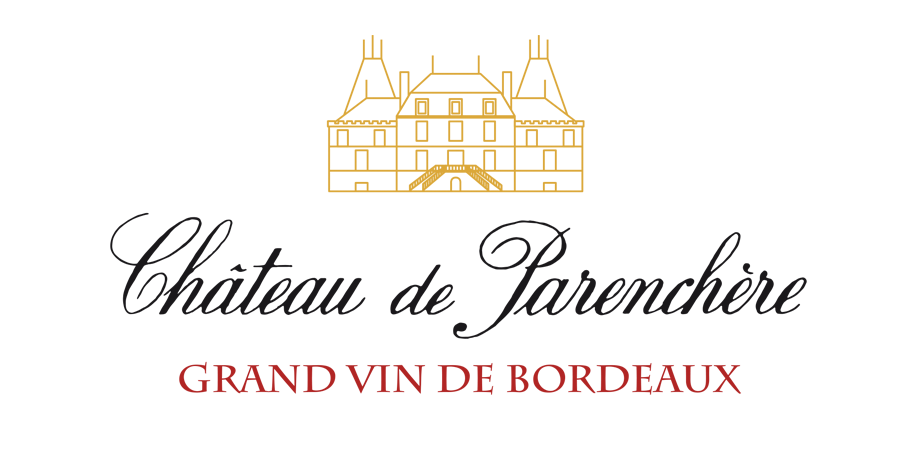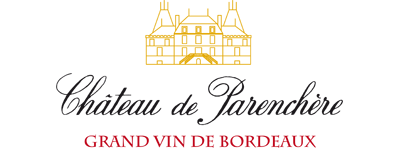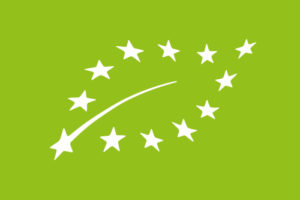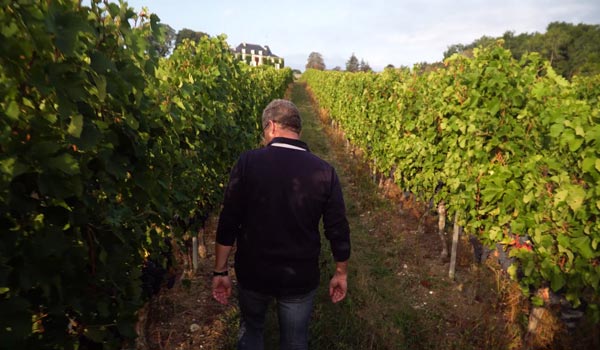We have always adopted a sustainable approach to vine-growing for a policy of quality and respect for the environment.
The estate received in 2012 the HEV certification (High Environmental Value farm) – Level 3* (the highest level) and and is ISO 14001** certified with regard to the control of our environmental impact.
In 2021, we decided to continue this commitment with the launch of our Organic Conversion – objective achieved at the end of 2024 with the obtaining of our Organic Agriculture certification.
To maintain our policy of quality and respect for the environment, our methods are primarily designed to protect our soils. They include total cessation of herbicides, alternation of grassing and soil work, limitation of biological treatments and limited use of organic fertilizers to the strictest needs of the vine. We also promote biodiversity and practice sowing of plant covers in the vines to increase life in our soils.








